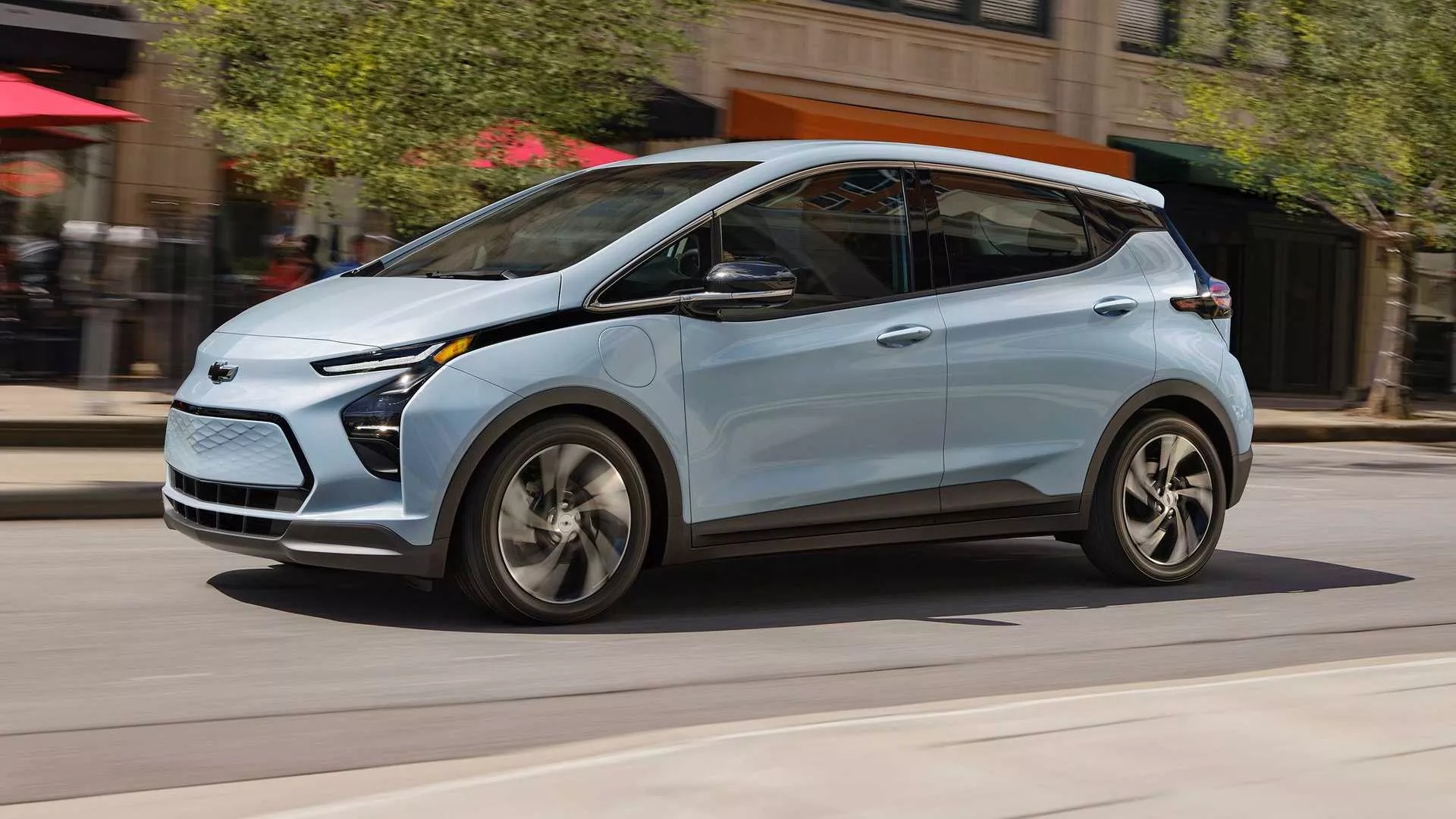Since its introduction to the U.S. market in late 2016, the Chevrolet Bolt EV has undergone significant changes, emerging as an even more compelling electric vehicle (EV) option in 2024. Despite the conclusion of its production run, the Bolt EV stands out as an exceptionally affordable choice, challenging common perceptions about EV affordability.
Priced at $27,495 for the 2023 model, the Bolt EV now offers a substantial reduction of $10,000 compared to its debut seven years ago. Importantly, the vehicle remains eligible for the $7,500 tax credit, which the IRS now allows to be deducted directly from the purchase price. This adjustment positions the potential out-the-door price for a new Bolt 1LT at an enticing $19,995, accounting for destination fees, although additional charges may apply depending on dealership policies.
See also: 2023 Chevy Bolt EV Still Available for Lease Amid Production Phase-Out
Comparing the Bolt EV to traditional internal combustion engine counterparts further highlights its value proposition. The entry-level Bolt 1LT, potentially priced at $19,995, boasts features such as remote start, LED headlights, and wireless Apple CarPlay. In contrast, similarly priced internal combustion engine models like the Nissan Versa S CVT, Kia Soul, and Toyota Corolla hatch lack these features as standard.
A notable shift in the EV landscape comes with the revised tax credit structure, addressing previous limitations. The point-of-sale tax credit, accessible at registered dealerships, ensures immediate discounts for buyers, overcoming concerns about the credit’s applicability based on tax liability. This alteration translates to reduced purchase prices and additional savings on sales tax for qualifying buyers, providing a more inclusive benefit.
See also: General Motors to Shift Focus to Larger Bolt EUV Amid Strong Sales Performance
Crucially, the modified tax credit system eliminates the need for repayment unless the buyer’s income surpasses defined thresholds. Joint filers face an income limit of $300,000, head-of-household limit is set at $225,000, and single filers have a cap of $150,000.
As these changes are implemented, prospective buyers are encouraged to verify the availability of tax credits at local dealerships, with over 7,000 reported to have registered with the IRS for this purpose. The Bolt EV, now positioned as one of the most affordable electric cars in the market, presents a compelling choice for consumers, albeit with the caveat that its production run concluded in December. As availability may be limited, interested buyers are advised to act promptly to secure this cost-effective EV option.






